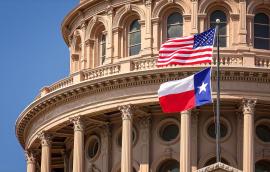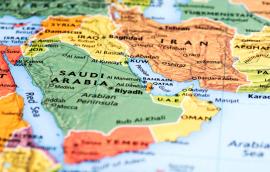School Property Tax Reform: An Analysis of Options
In this paper for the Texas Public Policy Foundation, fellows Jorge Barro and John W. Diamond examine the history behind Texas’ property tax system, recent attempts to reduce the growing magnitude of the property tax burden, and the economic effects of two options for eliminating the school maintenance and operations (M&O) property tax: https://bit.ly/2zIZRZy
Jorge Barro, John W. Diamond November 12, 2018









